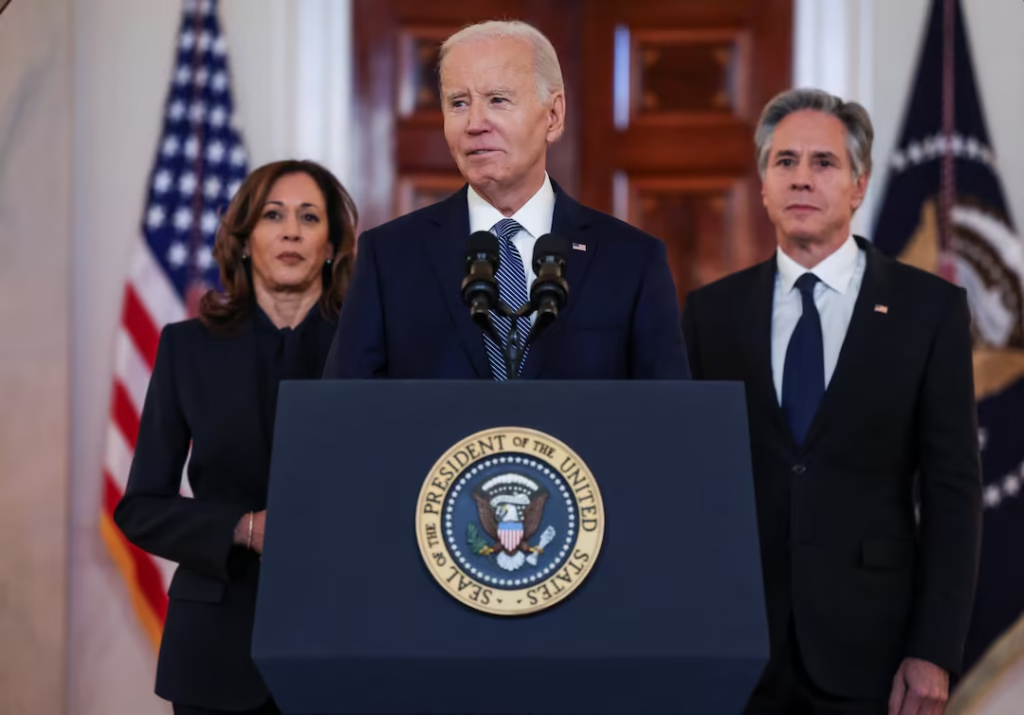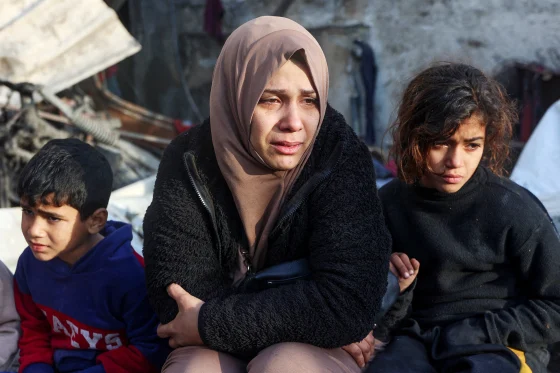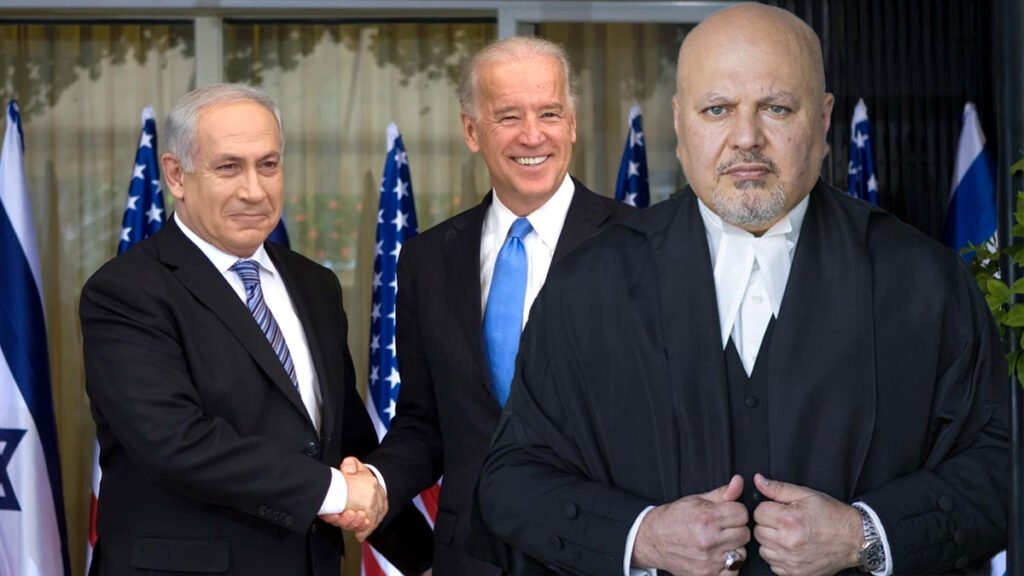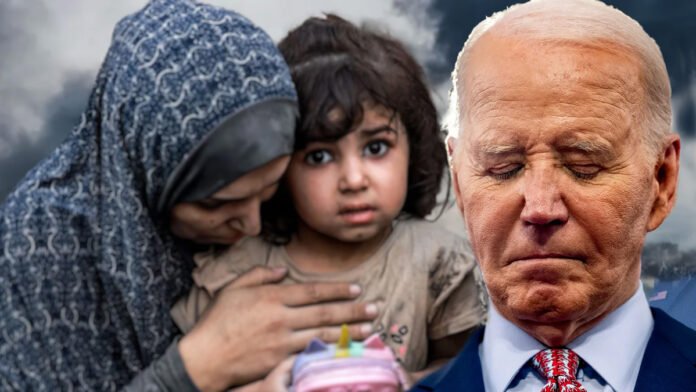The End of Bloodshed or Just Another Chapter? A Gonzo Dive Into Gaza’s Ceasefire
Rejoice, they tell us. Rejoice and send your prayers skyward—to God, to Allah, or to the cold, unfeeling stars above—because the killing in Gaza will pause. Hostages will come home, at least some of them, and maybe, just maybe, the world will see a flicker of hope on the horizon. But as we stand here, knee-deep in blood and rubble, let’s not pretend that hope isn’t wearing a grim, threadbare coat.
After 15 months of horror, an agreement has been brokered: a ceasefire, a hostage release deal, a momentary reprieve. Israel, Hamas, the United States, Egypt, and Qatar—all sitting around a metaphorical table to sign off on a plan that’s equal parts desperation and diplomacy. Come January 19th, the guns are supposed to fall silent, and the first hostages from both sides will take their hesitant steps toward freedom. For their families, this isn’t politics—it’s salvation. But for the rest of us, this isn’t a happy ending; it’s a pause button on a tragedy without an epilogue.
Oh, I know I’m being cynical but here I am, staring at my screen at 3 AM, watching history being written in the sterile language of diplomacy while the ghost of John Pilger whispers obscenities in my ear about the cruel timing of it all. Fifteen months of bloodshed, 46,000 Palestinian deaths, 1,200 Israeli lives lost, and suddenly – miraculously – everybody’s ready to talk peace, just in time for the changing of the guard in Washington.
The deal lands like a Hail Mary pass in the final seconds of Biden’s presidency. “Genocide Joe,” they’ve been calling him in the streets from Dearborn to Damascus. Now, with Trump breathing down his neck and the clock running out, we get this eleventh-hour salvation: a six-week ceasefire deal, wrapped in diplomatic ribbon and Qatar’s seal of approval.
Let’s cut through the bureaucratic bullshit and call this what it is: a desperate attempt to salvage something – anything – from the smoking ruins of so-called American moral authority in the Middle East. The timing isn’t just convenient; it’s practically pornographic in its political calculation. January 19th, they tell us – one day before Trump swaggers back into the Oval Office, already crowing victory on ‘Truth Social’ like a rooster who thinks his morning call makes the sunrise.

The numbers dance before my eyes like a macabre ballet: 33 hostages in the first phase, over 1,000 Palestinian prisoners/hostages in return. Some quick math tells me that’s about 30 Palestinians for each Israeli – a ratio that somehow feels grimly appropriate given the body counts of this war. And if that wasn’t messy enough, let’s throw in the caveat that some of those slated for release might not even be alive, which adds another layer of darkness to this already pitch-black comedy that makes you weep with every press realise and picture of a dead child.
But here’s the thing that keeps gnawing at my cerebral cortex like a rabid bat: if this deal was possible now, why wasn’t it possible weeks ago? Months ago, last year? How many lives could have been saved if the political timing hadn’t been so goddamn important?
The details of the deal read like a Tom Clancy novel ghostwritten by a committee of UN bureaucrats who’ve never seen a drop of real blood: gradual withdrawals, phased releases, complex prisoner exchanges. Israel’s Channel 12 reports that even terrorists “with blood on their hands” will be freed – a phrase that drips with cruel irony while Gaza’s streets run red with the aftermath of precision-guided democracy. Who gets to decide whose hands are clean in this charnel house of modern warfare?
When Hamas’s chief negotiator and acting Gaza chief, Khalil al-Hayya, declares this deal “a milestone in the conflict,” his words echo through ruins that were once homes. His promise to “rebuild Gaza again, alleviate the pain, heal the wounds” sounds almost beautiful – if you can ignore the skeleton of a city behind him, its concrete bones picked clean by fifteen months of “indiscriminate strikes.”
But it’s his warning that rings truest: “We will not forget, and we will not forgive.” Of course, they won’t. How could they? Every crater in Gaza is now a cradle for revenge, every bombed-out school an academy of future resistance. The mathematics of vengeance is brutally simple: today’s orphans are tomorrow’s fighters, and the cycle spins on like some demented carousel of death.
And let’s not forget the IDF sits ready, fingers hovering over triggers, waiting for the first excuse to resume what they call “operations” and what the rest of us call slaughter. Meanwhile, in the rubble, another generation learns to count not in numbers but in loved ones lost, measuring time not in days but in airstrikes.

This isn’t peace – it’s merely a pause in the blood-letting, a brief intermission in a tragedy that’s been running longer than most of its actors have been alive. And when the curtain rises again – because it always does – we’ll all pretend to be shocked at the violence, as if we hadn’t spent the ceasefire loading the gun ourselves, as we will in every arms shipment we supply.
Then there’s Trump, that magnificent bastard, who couldn’t resist claiming credit faster than a Vegas bookie paying out on a fixed fight: “WE HAVE A DEAL!” he thundered on ‘X’ as if he’d personally negotiated the deal between rounds of golf at Mar-a-Lago. The pure, uncut irony of peace breaking out just hours before he retakes power is enough to make a sane man giggle into his whiskey.
Netanyahu, ever the tactician, wasted no time thanking Trump “for his help in promoting the release of the hostages and ending the suffering of dozens of families.” But the gratitude dripped with subtext, a plea for American backing ready for when The Hague inevitably comes knocking to exercise their arrest warrant— a desperate bid to trade PR for protection.

And yet… and yet. My hands shake as I type these words, wrestling with the obscene mathematics of human suffering. Does the cynical timing matter when weighed against even one saved life? I close my eyes and see the Bibas family – Shiri and her boys, Ariel and baby Kfir – perhaps days away from freedom. But their faces blur into a kaleidoscope of the dead: thousands of Palestinian children turned to dust and memory by American-made bombs, their names never to make Western headlines, their stories ending in rubble-filled statistics.
The bitter truth churns my gut like a bad pint from Wetherspoons: while we celebrate the potential salvation of the Bibas family (as we should, as we must, as Starmer tells us to…), Gaza’s graveyards overflow with children who will never see another day. And here comes the cosmic joke – peace arrives just in time for “Genocide Joe” Biden to wash the blood from his hands before leaving office, as if a six-week ceasefire could bleach clean a legacy written in the ashes of Palestinian homes.
Come the 19th of January, some children might sleep without the thunder of F-35s shaking their world apart. A small mercy, bought at the price of 46,000 dead. Biden’s final act in this theatre of cruelty: a peace deal that should have come a year ago, served up cold on the last night of his blood-soaked presidency.
Perhaps this is what we’ve come to in 2025: measuring hope in six-week increments, celebrating the pause of atrocities as if it were peace, grateful for the crumbs of humanity that fall from the table of geopolitics.
The sun’s coming up now, and somewhere in Gaza, families are waking to news that might mean life instead of death. In Tel Aviv, families of hostages are allowing themselves to hope again. And in Washington, an old man is trying to ensure that history remembers him as something more than the president who watched Gaza turn to rubble.
Don’t get me wrong – I’ll take this deal. We all will. When you’re drowning, you don’t question the ethics of the rope thrown to save you. But somewhere in the back of my mind, Pilger’s ghost is still laughing, reminding me that in this cruel game of political poker, peace is just another chip on the table, and timing is everything.
May whatever gods you believe in grant that this fragile peace holds longer than a politician’s promise. That this deal is more than Biden trying to create a legacy other than a harbinger of death. For now, that’s all we’ve got.
[Written in a fever dream of hope and cynicism, somewhere between midnight and dawn, January 16th 2025]
Support Independent Journalism Today
Our unwavering dedication is to provide you with unbiased news, diverse perspectives, and insightful opinions. We're on a mission to ensure that those in positions of power are held accountable for their actions, but we can't do it alone. Labour Heartlands is primarily funded by me, Paul Knaggs, and by the generous contributions of readers like you. Your donations keep us going and help us uphold the principles of independent journalism. Join us in our quest for truth, transparency, and accountability – donate today and be a part of our mission!
Like everyone else, we're facing challenges, and we need your help to stay online and continue providing crucial journalism. Every contribution, no matter how small, goes a long way in helping us thrive. By becoming one of our donors, you become a vital part of our mission to uncover the truth and uphold the values of democracy.
While we maintain our independence from political affiliations, we stand united against corruption, injustice, and the erosion of free speech, truth, and democracy. We believe in the power of accurate information in a democracy, and we consider facts non-negotiable.
Your support, no matter the amount, can make a significant impact. Together, we can make a difference and continue our journey toward a more informed and just society.
Thank you for supporting Labour Heartlands












